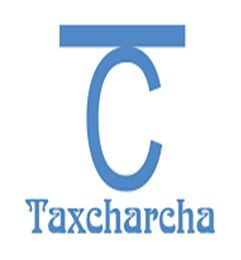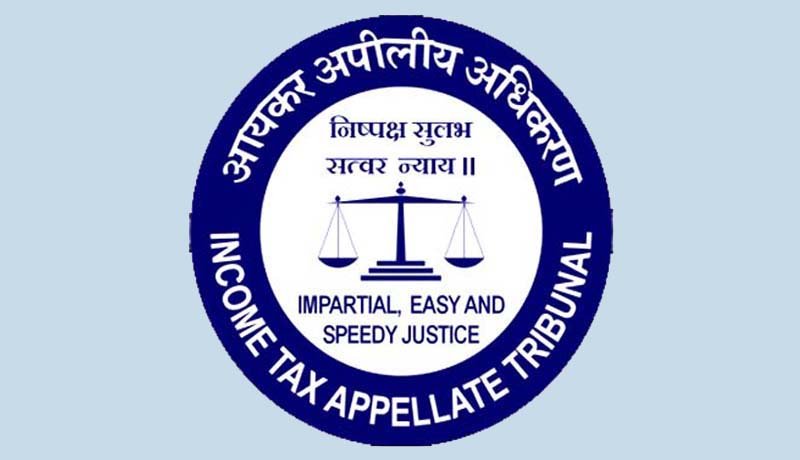IN THE INCOME TAX APPELLATE TRIBUNAL
DELHI BENCH ‘E’, NEW DELHI
BEFORE SH. R.K PANDA, ACCOUNTANT MEMBER
AND
SH. KULDIP SINGH, JUDICIAL MEMBER
ITANo.1757/Del/2019
AssessmentYear:2015-16
| NikunjDaga 7/18,KalkajiExtensionNewDelhi-110019PANAEMPD5380G | Vs | DeputyCommissionerofIncomeTax Circle–24(2)NewDelhi |
| (APPELLANT) | (RESPONDENT) |
| Appellantby | Ms.HimaniAggarwal,CA |
| Respondentby | Ms.RinkuSingh,Sr.DR |
| Dateofhearing: | 11/03/2019 |
| DateofPronouncement: | 19/03/2019 |
ORDER
PER R.K. PANDA, AM:
1. This appeal filed by the assessee is directed against the order dated 19.01.2019 of the CIT(A)-8, Noida, relating to A. Y. 2015-16.
2. The assessee in its various grounds of appeal has challenged the order of the CIT(A) in confirming the various additions made by the Assessing Officer.
3. The facts of the case, in brief, are that the assessee is an individual and is working as Director in M/s. Surbhika Steels Pvt. Ltd. and derives income from Salary, House Property and Income from Other sources. He filed his return of income on 14.08.2015 declaring total income of Rs.11,53,590/-. Subsequently, the assessee revised his return of income on 25.03.2017 declaring total income of Rs.11,53,590/- after claiming exempt income of Rs.3,58,59,823/-. The case of the assessee was selected for scrutiny and in response to statutory notices the assessee filed various details as called for. The Assessing Officer completed the assessment u/s 143 (3) on 06.12.2017 determining the total income at Rs.3,71,92,710/- wherein he made addition of Rs.3,58,59,823/- u/s 68 and Rs.1,79,300/- u/s 69 C of the IT Act.
4. The assessee preferred an appeal before the CIT(A). However, due to non appearance before him by the assessee the Ld. CIT(A) in the exparte order passed by him upheld the various additions made by the Assessing Officer. However, it is pertinent to mention here that the Ld. CIT(A) has dismissed the appeal for non prosecution as well as on merits.
5. Aggrieved with such order of the CIT(A), the assessee is in appeal before the Tribunal.
6. We have considered the rival arguments made both the sides and perused the orders of the lower authorities. It is an admitted fact that due to non appearance by the assesee before the CIT(A), the Ld. CIT(A) decided the appeal exparte and dismissed the appeal of the assesee on merit also. It is the submission of the Ld. Counsel for the assessee that given an opportunity he is in a position to substantiate his case before the CIT(A). Considering the totality of the facts of the case and in the interest of justice we deem it proper to restore the issue to the file of the CIT(A) with a direction to grant one final opportunity to the assessee to substantiate his case. The assessee is also hereby directed to appear before the CIT(A) without seeking any adjournment under any pretext failing which the Ld. CIT(A) is at liberty to pass appropriate order as per law. We hold and direct accordingly. The grounds raised by the assesee are accordingly allowed for
statistical purpose.
7. In the result, the appeal filed by the assessee is allowed for statistical purpose.
Order pronounced in the open court on 19.03.2019.

